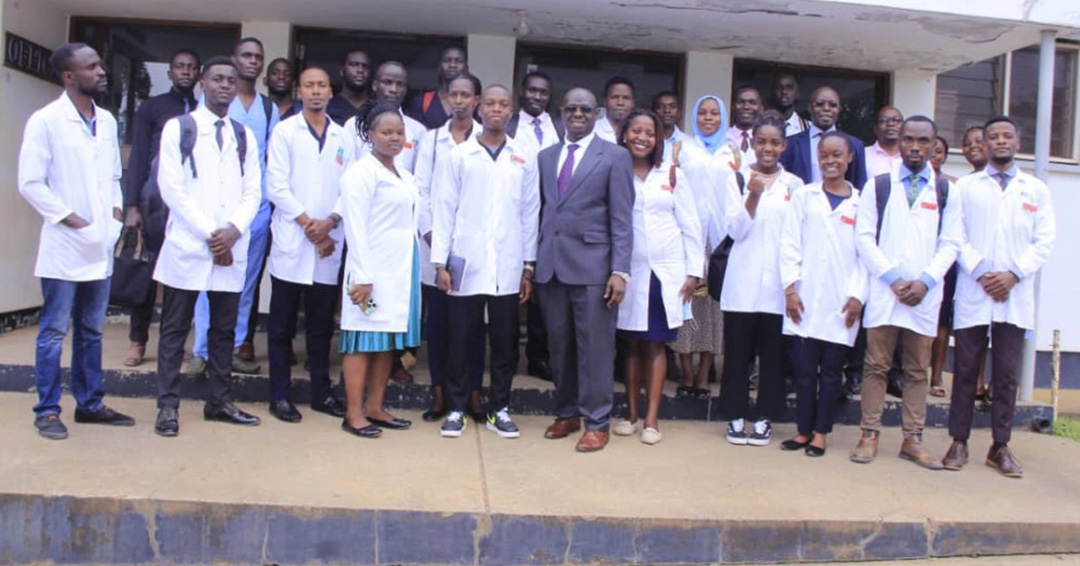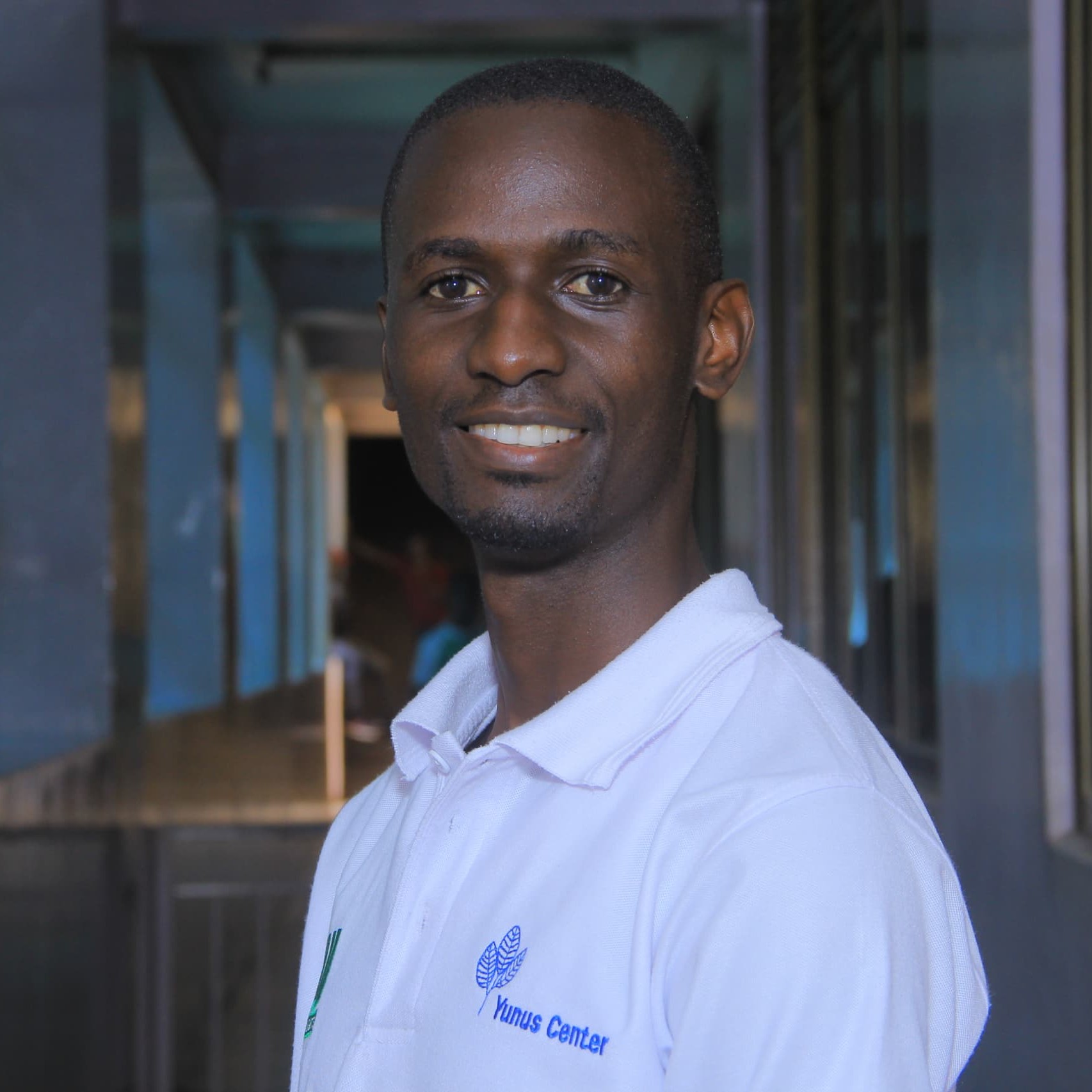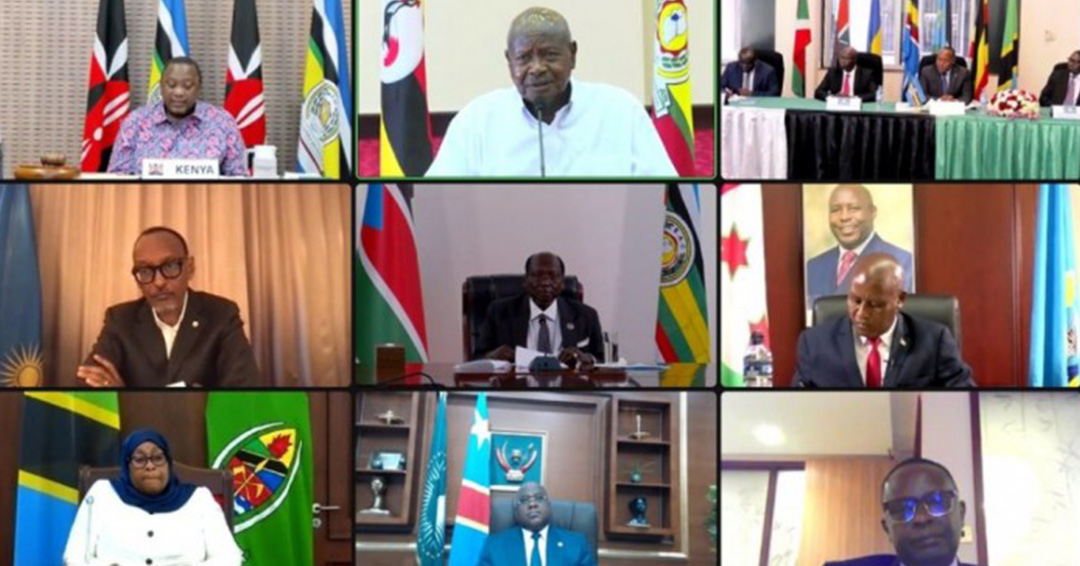
Sep
KIU Teaching Hospital Strengthens Partnership With Kitagata General Hospital
September 5, 2024, 9:40 am
 Umar Kisekka
Umar Kisekka

By Rogers Wanambwa
KIU, Main Campus – On Tuesday 29th March 2021, the Democratic Republic of Congo officially joined the East African Community (EAC) as its seventh member, massively expanding the territory of the trade bloc, giving it access to the Atlantic Ocean and greatly increasing the numbers of French speakers in what began as a club of former British colonies.
What changes in the near future?
Although it officially has become a member of the EAC and the heads of state in the community have approved the admission of DR Congo into the bloc at a summit meeting on Tuesday, not much can change straight away.
Besides, Congolese lawmakers still have to ratify the EAC laws and regulations before they come into effect.
Additionally, Congolese citizens who wish to visit the other member countries - Burundi, Kenya, Rwanda, South Sudan, Tanzania, and Uganda - without a visa will need to wait a little longer as full integration into the EAC could take months or even a year.
It took South Sudan, for example, four months from acceding to the community treaty in April 2016 to becoming a full member of the EAC in August that year.
Why join the EAC?
For DR Congo, which applied for membership in 2019 hoping to improve trade and political ties with its East African neighbours, joining the EAC will allow Congolese citizens to travel freely to the other countries and trade will become much quicker, simpler, and cheaper, which should benefit businesses and consumers in all countries.
The country shares borders with all EAC members except Kenya and hopes to attract more investors from the region.
Joining the bloc gives DR Congo better access to facilities such as the Indian Ocean ports of Dar es Salaam and Mombasa.
"We have been waiting for this announcement for a long time. We are very happy," Ley Molo Ley, a Congolese trader based near the Ugandan border, told the BBC.
Currently, Congolese businesspeople cannot just travel to Uganda, he said: "For a Congolese to get travel documents to visit Uganda, they need to pay $45 (£35) at the DR Congo side of the border. Then when they reach the Ugandan side, they need to pay $50 for a visa. Then there are charges for a Covid-19 test, so in total you pay about $120."
What about the other members?
"Currently we face a lot of issues, such as queuing to get a visa for entry into DRC, waiting for days to get our goods cleared at the border thereby incurring huge parking, storage fees, among other costs before getting to our final destination," said Roman Waema, head of the Kenya Long Distance Truck Drivers and Allied Workers Union, who is looking forward to the end of the interminable waiting he has to endure to get into DR Congo.
Ultimately, transportation of goods across borders should become much simpler - currently authorities at the border points all operate different systems.
"There will be faster clearance of goods. Once the one-stop border post opens, customs officials from both Uganda and DRC will sit in the same building to clear goods and people," said Guma Morris, who oversees the Uganda Revenue Authority office at the Mpondwe border.
With DR Congo's consumer market of close to 90 million people, this will expand the EAC market to almost 300 million and open the bloc to the Congolese economy which is rich in all kinds of natural resources.
Kampala International University,
Box 20000, Ggaba Road, Kansanga, Kampala
+256-760 502660
+256-700 100808